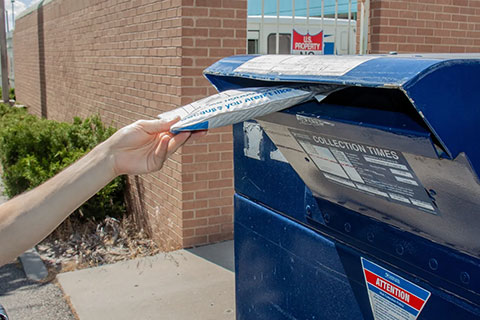
The Pentera Blog
Even Billionaires Begin Their Philanthropy with Small Gifts
Even billionaires begin their philanthropy with relatively small gifts - typically $5,000 to $10,000 - and usually choose organizations that they or their friends are already familiar with. That is among the conclusions of a new study of the ultra-wealthy in Silicon Valley; the research also found that women usually oversee the family's philanthropy.
The Giving Journey: Guiding New Donors to Actualized Philanthropy was funded by a Gates Foundation grant and published by Open Impact, a firm that advises individuals and families on philanthropy. Researchers interviewed more than 50 ultra-wealthy individuals and couples in the San Francisco Bay area who had net assets between $10 million and $1 billion.
The study did not differentiate between current giving and planned giving but described a five-step "giving journey" that ultra-wealthy philanthropists typically go through before they make contributions of any kind - including hesitation after developing wealth and before beginning philanthropy with "small bet" gifts.
"For donors who are self-made, the ultimate inflection point in their journey is a 'wealth event' - the moment when they suddenly acquire significant wealth via an IPO, an exit, the vesting of stock, or similar event," the study authors found. "These individuals often don't yet know why to give, what to give to, or how to give, barring prior experiences with nonprofits. This complexity is one of the biggest contributing factors to the 'pause' that often occurs. ... Some feel pressure to get their philanthropy 'right' and therefore avoid it."
The would-be philanthropists typically get "unstuck" by making small gifts in response to requests from friends or to institutions with which they are already familiar, such as an alma mater, a child's school, a hospital where a family member was treated, or a church or synagogue.
"No matter their total net worth, almost everyone we interviewed started out by making small gifts," the study says. "This suggests an important initial hurdle to giving away large amounts of money, even for billionaires. An inner confidence around giving takes time for nonprofits to earn, and time for donors to develop, as does trust."
The budding philanthropists continue to develop their own values and to build trust with nonprofit organizations before taking the leap to "big bet" gifts - defined as $100,000 or more. The study includes recommendations of what public service organizations could do at each stage of the giving journey to encourage the philanthropists.
The study also found "many more women overseeing a couple's philanthropy than men," though it said there could be a bias in the small sample size and the social networks where the interview subjects were found.
"Despite the prominence of ultra-wealthy male donors in the media, it is often the wives who are helping set up and drive the family's initial giving," the authors wrote. "As women increasingly become the key decision-makers for a family's philanthropy, it will be important to figure out how to support them most effectively and what approaches resonate."
The full report can be downloaded here.


